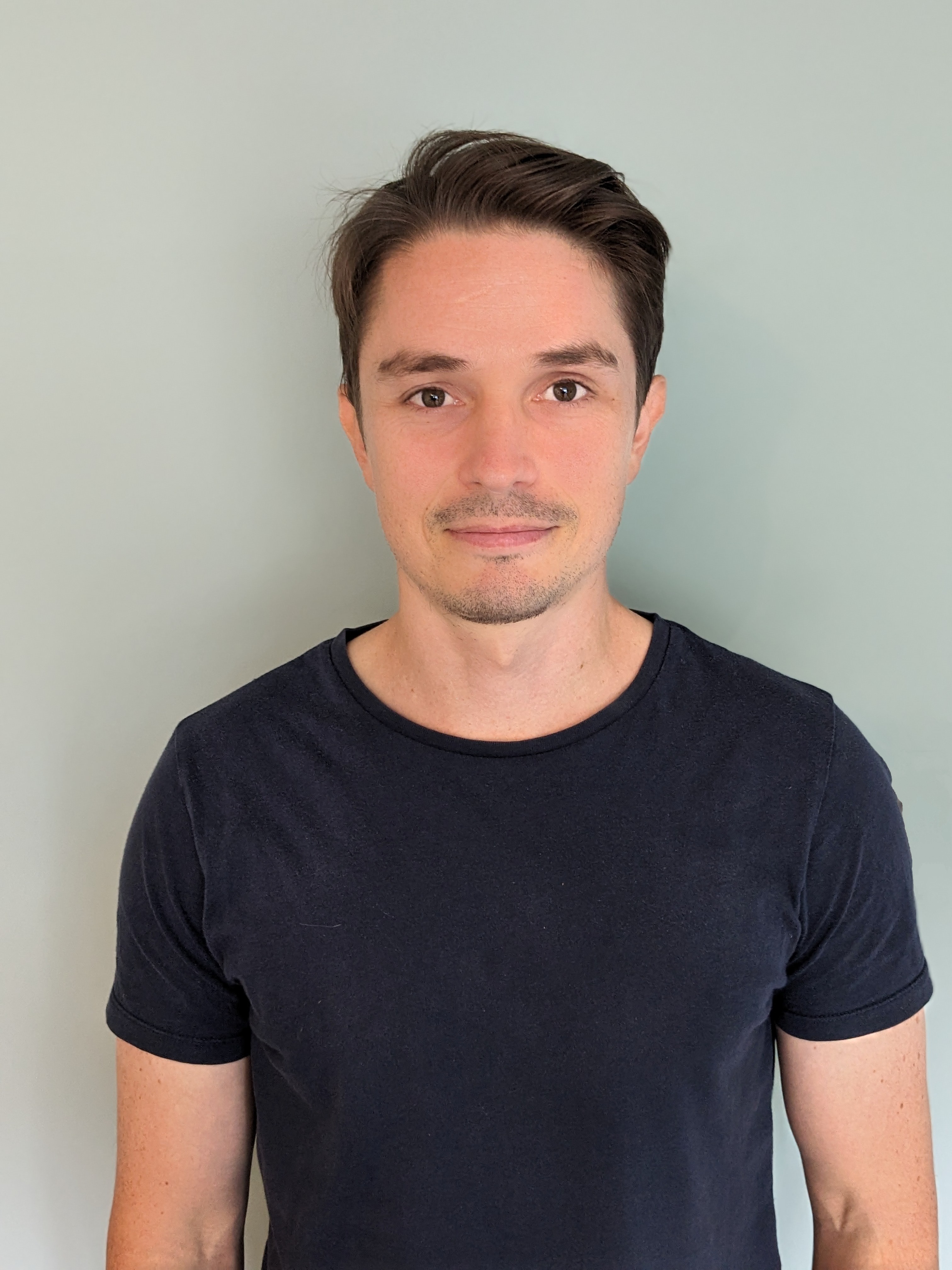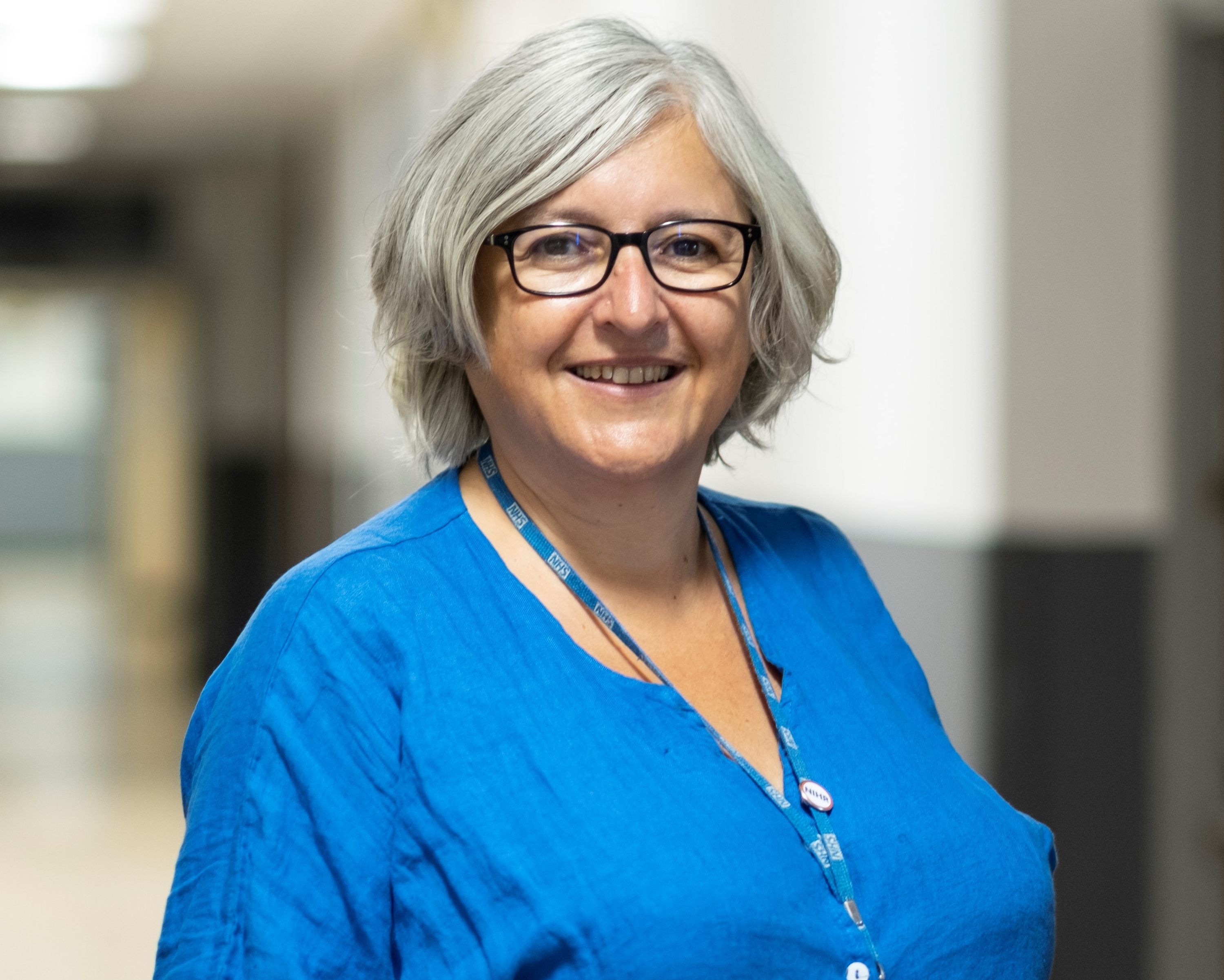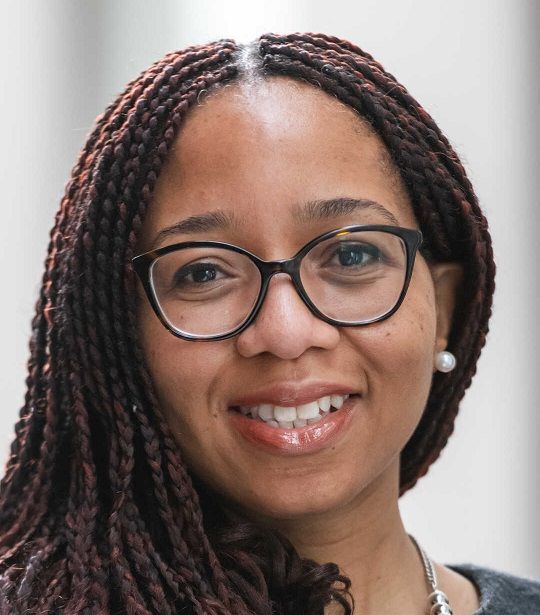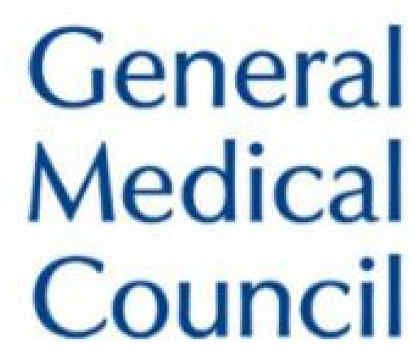RESEARCH: NEUROMAP – ENHANCING UPPER LIMB ASSESSMENT IN SPINAL CORD INJURY.
 What stage of your research career are you currently at, and what are your research interests?
What stage of your research career are you currently at, and what are your research interests?
I am currently studying for a PhD. I have only just started as I was recently successful in obtaining a fellowship with the NIHR Imperial BRC. This follows on directly from a pre-doctoral fellowship from the Imperial Health Charity. I am interested in neurological rehabilitation, trauma and how clinicians make predictions about recovery in these settings. I am also interested in neurophysiology, the neural control of movement and the role of non-invasive stimulation techniques for assessment and treatment of neurological disorders.
How did you get into research?
I first worked as a researcher before qualifying as a physiotherapist, in a cognitive neuroscience lab. This was where I gained experience in non-invasive stimulation techniques, learned core research skills, and gained a few publications. After qualifying in physiotherapy, I looked for opportunities to do research, such as service or quality improvement projects, took opportunities to get extra experience or training and connected with other clinical researchers.
What do you enjoy about research?
I like the ability to go into a subject in depth and really explore what is and isn’t known about a given topic. I enjoy trying to fill the gaps in our knowledge and using this to improve our approach as clinicians. I also enjoy the flexibility of the role and the endless opportunities for learning.
What challenges do you face as a researcher?
Getting funding is always a challenge, and this is why I was so happy to get my PhD fellowship. The bureaucracy and administration around research can be restrictive at times and there are usually a lot of hurdles and hoops to jump through when getting a project off the ground. Projects often require a wide variety of expertise and sometimes it can be difficult to get all the right people together to make it work, especially with challenges you did not necessarily anticipate.
What difference has your research training and experience made to your career?
It has exposed me to new concepts and approaches, such as Patient and Participant Involvement (PPI), that I wasn’t necessarily aware of before. It has given me specific skills in appraising evidence and running projects which are important for both clinicians and researchers. It has allowed me to develop as an expert in a particular area which will give me the opportunity to further contribute to this field.
What do you think is the greatest misconception about clinical academia?
That it is just an ivory tower without practical relevance. The most interesting part for me is constantly thinking about how what we are discovering can be applied to clinical practice and improve the lives of patients and make work easier for clinicians.
How has research changed your clinical practice?
A small example is how it has exposed me to all the literature on clinical prediction in spinal injuries, something I was not aware of before. This makes me think more carefully about how clinical assessments can potentially relate to future outcomes and how what we know now about a patient might help us understand their future potential.
What has made a difference to progressing your research career?
Having the support of a strong clinical academic team who are committed to promoting the academic career pathway. Caroline Alexander mentored me through my pre-doctoral fellowship and her support was so important for my success. Also, having a supportive research team who I get on with, and who share my interests has made a massive difference. It is all about the team!
Where do you see your clinical academic career going over the next few years?
Firstly, I will complete my PhD. I am hopeful that we will develop a brain stimulation protocol for spinal injuries that can eventually be used in clinical practice. After that, I will apply for post-doctoral funding; I think that there are plenty of directions this research could take after this and I will see where the project goes!
Rowan Boyles, Honorary Clinical Research Assistant, Imperial College London, r.boyles@imperial.ac.uk
To download Rowan's case study please click here: Rowan Boyles - Case Study (PDF)
Useful links
Contact us
The CATO Team and Radiographers Incubator work on a Hybrid model, combining days in the office with days working from home – the best way to reach us is by email.
cato@imperial.ac.uk
radresearch@imperial.ac.uk
+44 (0)20 3313 7397



